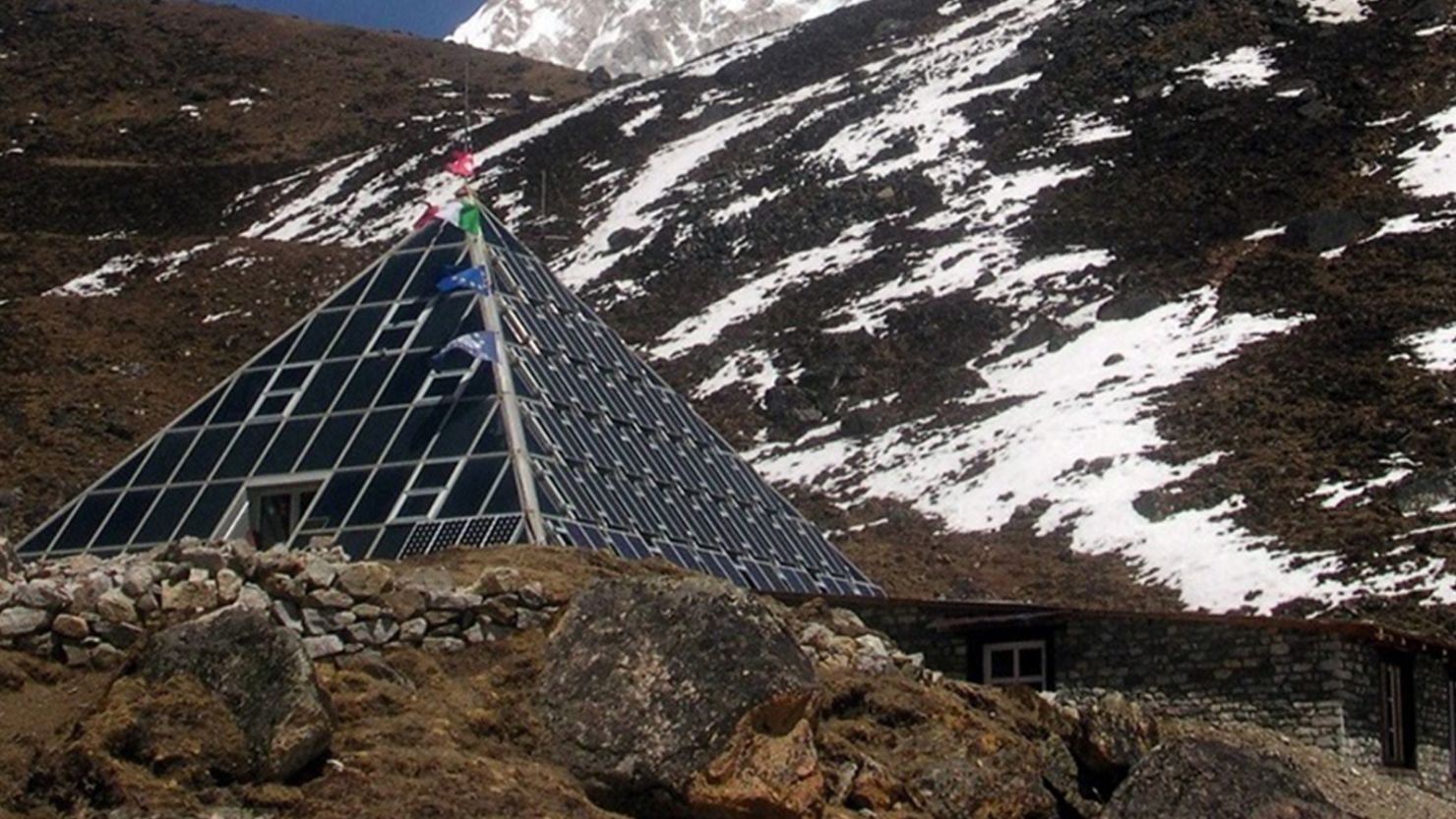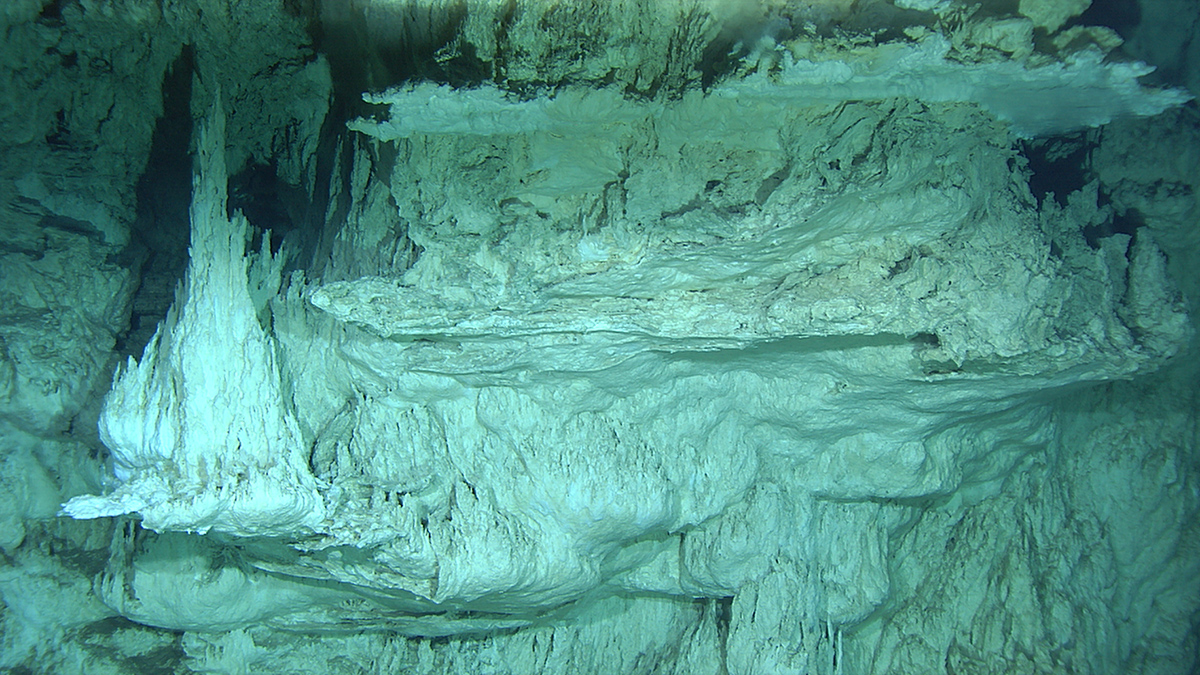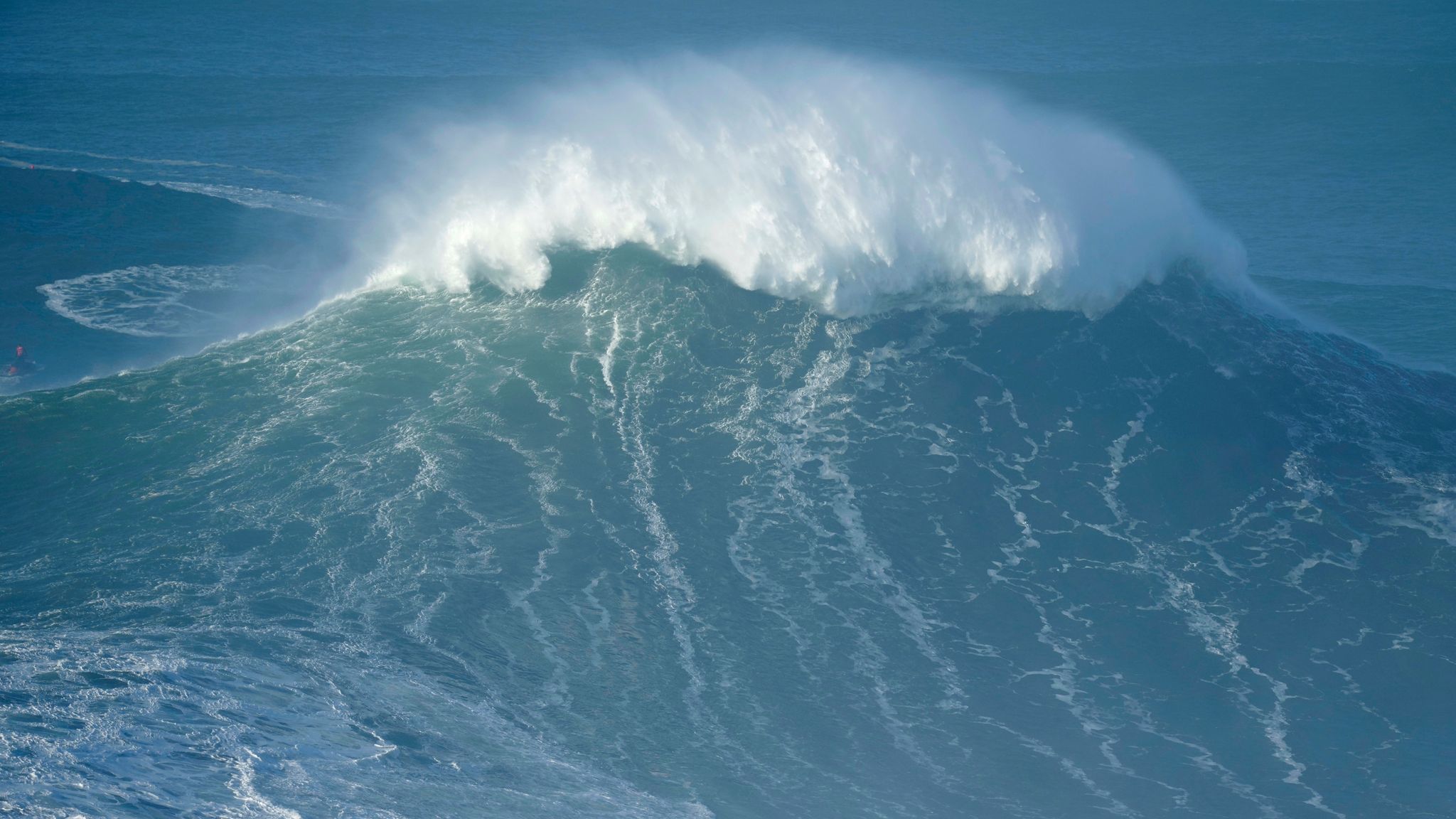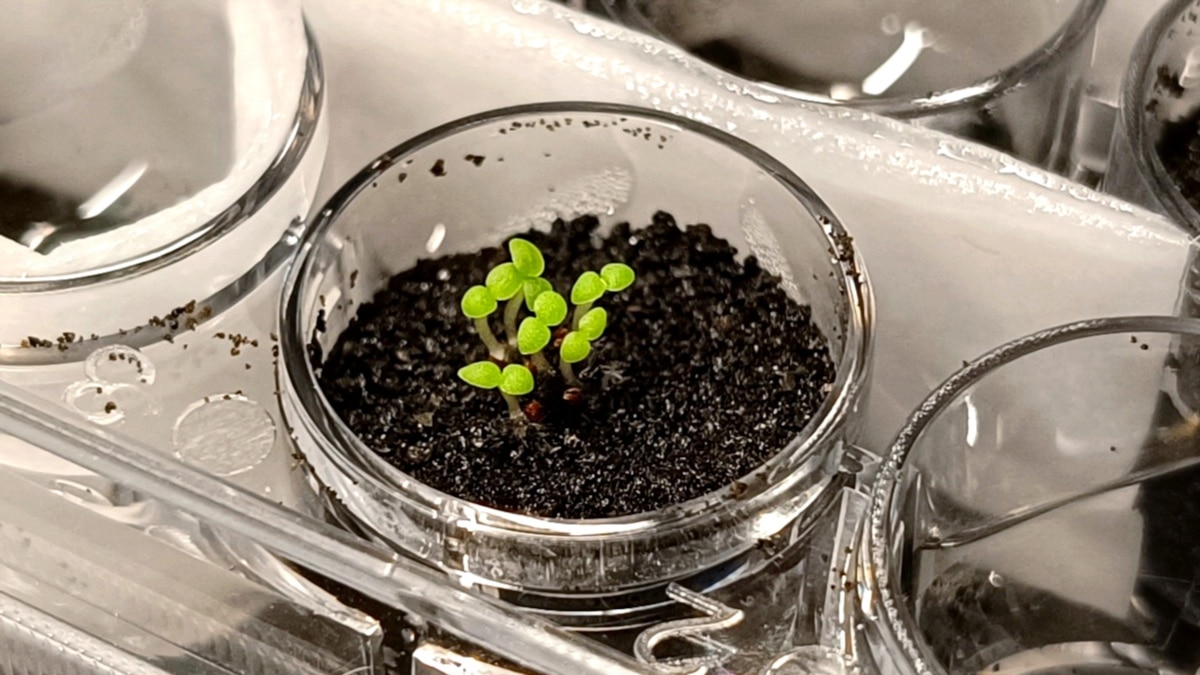What is it with scientists and clocks? Yes, determining the duration of phenomena is important to research, not to forget seemingly unconnected realms like...
Tag - Science
Glaciers in the Himalayas are melting rapidly, but a new report showed an astonishing phenomenon in the world’s tallest mountain range could be helping to slow...
Two years after the scientists in Finland successfully made coffee in a laboratory, VTT Technical Research Center of Finland Ltd has released detailed...
Dubai, United Arab Emirates—”The North Star of the COP28 Presidency is to keep 1.5°C within reach,” has been the frequent refrain of...
Startling new insights into the catastrophic impact of one of the most devastating events in Earth’s history have been revealed by a team led by...
Several decades ago, when the concentration of carbon dioxide (CO2) in the atmosphere was well below 400 parts per million, climate scientists began warning of...
In November of 2020, a freak wave came out of the blue, lifting a lonesome buoy off the coast of British Columbia 17.6 meters high (58 feet). The four-story...
Open Access Government takes a closer look at the hydrology and surficial geology in Alaska to illustrate the broader picture of geology in the region...
FARGO — Students say a pledge from North Dakota State University to allow them to complete their studies in a discontinued program is falling far short of...
If humans are to establish long-term bases on the moon, they will need food resources. In recent years, scientists have been taking steps toward making moon...










